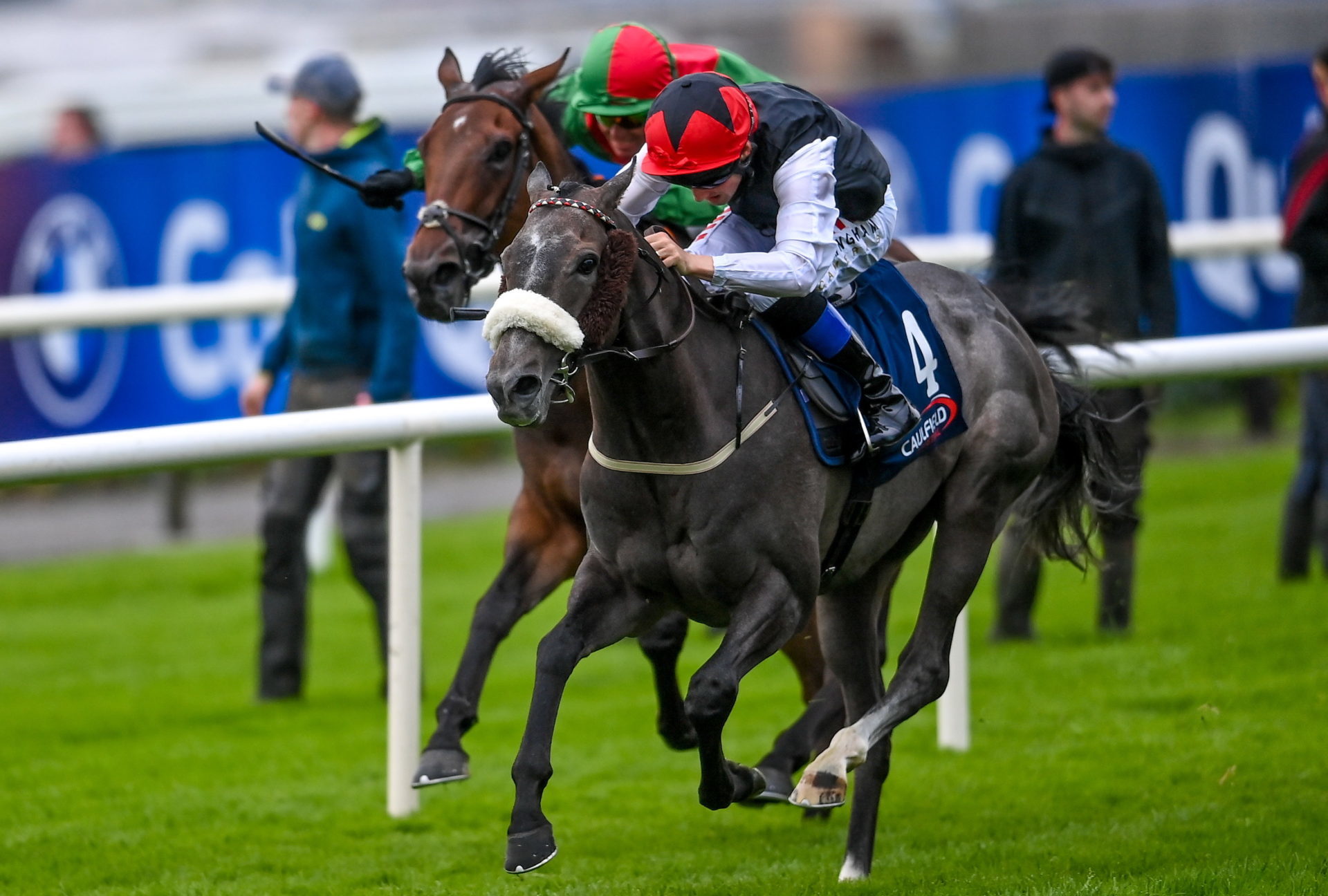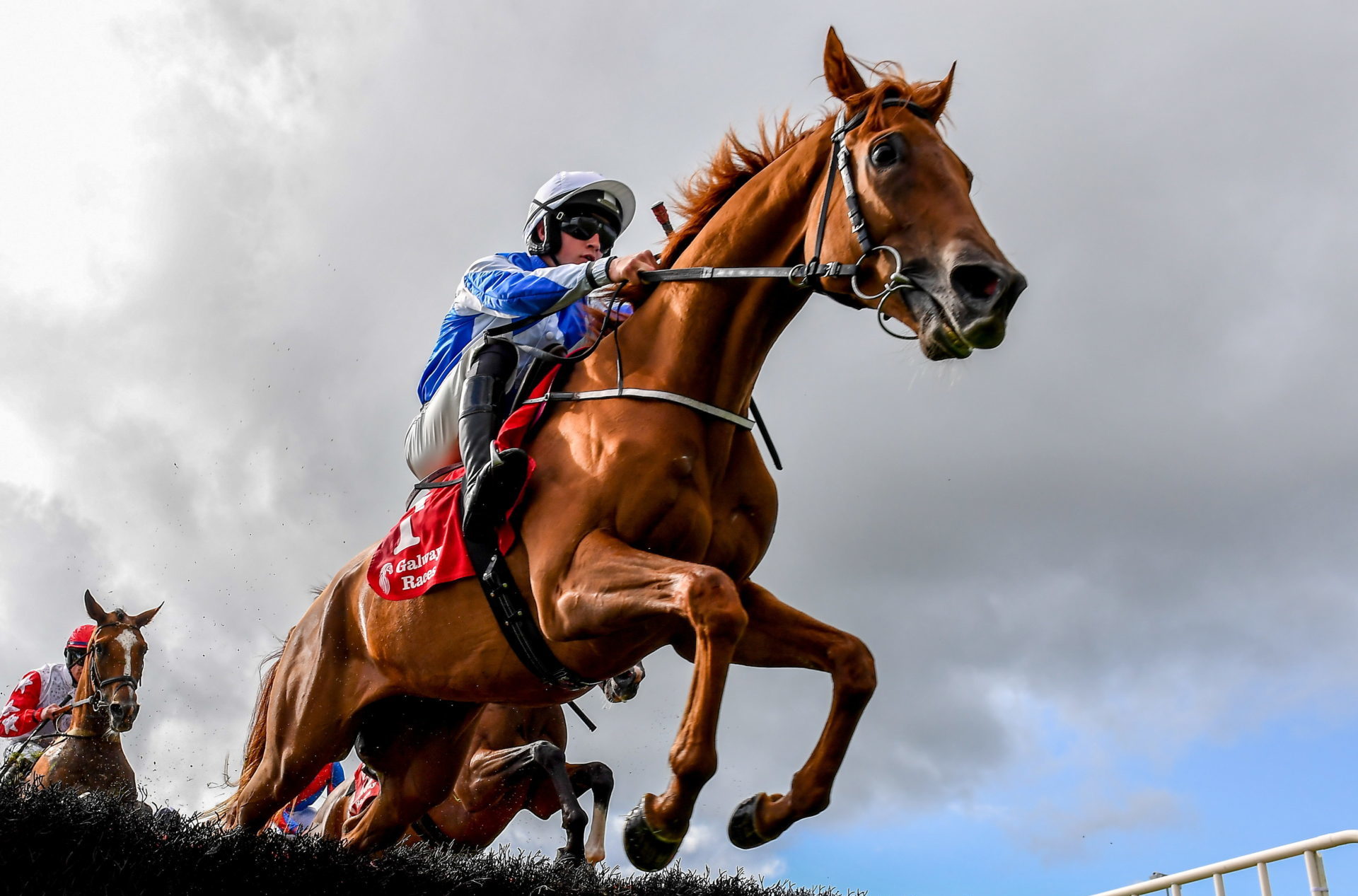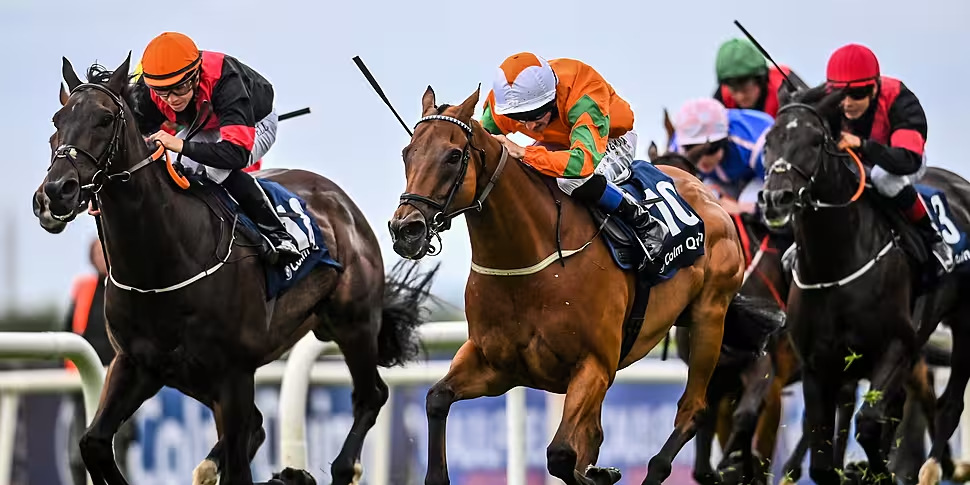As the Galway races continues this week, animal rights group PETA is calling for a ban on a sport it claims races horses "to their deaths for prize money".
Ireland’s biggest and most famous racing festival is underway in Ballybrit this week, with well over 100,000 people expected to attend.
The festival's busiest day is today, when the Galway Plate is held, while tomorrow will also draw large crowds for the Galway Hurdle and Ladies' Day.
On Newstalk Breakfast, PETA spokesperson Chelsea Munro called for the event to be banned outright, claiming the horses are "literally raced to their deaths just for prize money and a few seconds of excitement".
"Around 240 horses were killed as a result of racing in Ireland in the past two years alone – their lives ended with broken necks, backs, ankles," she said.
"The deaths would have been incredibly traumatic and terrifying, and surely our ethical standards are high enough to recognise that horses shouldn't have to suffer and die for entertainment."
 Day two of the Galway Races Summer Festival 2023 at Galway Racecourse in Ballybrit, Galway. 1 August 2023. Photo by David Fitzgerald/Sportsfile
Day two of the Galway Races Summer Festival 2023 at Galway Racecourse in Ballybrit, Galway. 1 August 2023. Photo by David Fitzgerald/SportsfileMs Munro said she understands the sport's historical links but does not believe "tradition is an excuse for cruelty".
"These horses, they're not willing participants – they don't get a thrill out of betting," she said.
"It's time that we focus our attention on sports with consensual human participants like the Women's World Cup that's taking place right now.
"It's unacceptable to risk an animal's life. They're thinking, feeling, individuals, just like us.
"If footballers were killed after sustaining an injury during a game, I can't imagine they would risk playing and I'm pretty sure football fans would turn their backs on the sport very quickly."
'Unavoidable'
Racing Broadcaster and Horse Breeder, Kevin Blake said equine fatalities are "unavoidable", but "99.7% of horses that go to race in Ireland come back perfectly safe and sound".
"Horse racing has been the second most attended sport in Ireland, only behind Gaelic Games, for decades – 1.2 million people at the racing last year," he said.
"The industry enjoys incredibly strong support from the Irish government and indeed opposition parties because the horse racing industry is a monumental Irish success story."
 Dark Note, with Cian Quirke up during day one of the Galway Races Summer Festival at Ballybrit Racecourse in Galway. 31 July 2023; Photo by David Fitzgerald/Sportsfile
Dark Note, with Cian Quirke up during day one of the Galway Races Summer Festival at Ballybrit Racecourse in Galway. 31 July 2023; Photo by David Fitzgerald/SportsfileMr Blake argued that there are "huge efforts" made during a horse's life to give them "the very best treatment they can get".
"Ultimately they're a performance animal – it's in everyone's interest that they get the best possible treatment at every stage so that they can show the full extent of their athletic potential," he said.
"This is the tactics that these groups use – they use emotive language, they pull dramatic sounding numbers completely out of context to try and throw stones."
Ms Munro said it was inaccurate to suggest the animals were "treated like kings".
"Fatal injuries such as breaking necks, backs and legs are common," she said.
"I think we're confusing love of horses for the fame and the money that people get when they win prizes."
You can listen back here:









